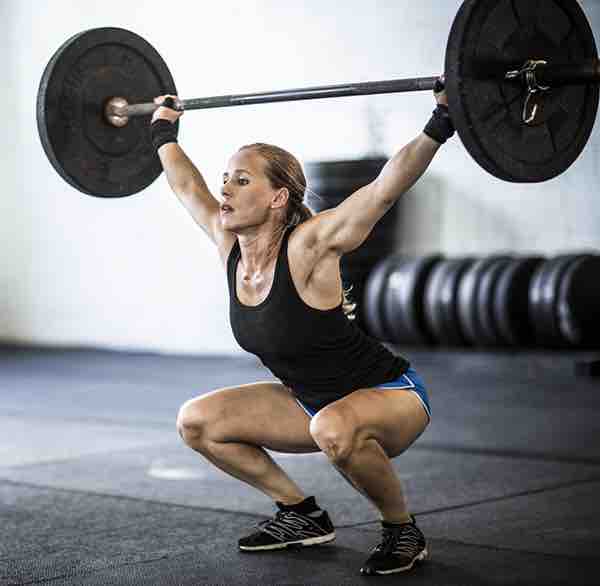“I don’t want to lift weights because I don’t want to bulk up.”
It’s a very common misconception amongst women that requires some looking into. Personal trainers often find it difficult to convince someone otherwise but the truth is, as women, it is actually very difficult to increase in muscle mass.
Hopefully, this article will help put them those with this exact concern at ease as well as highlight a couple of the benefits of weights.
Why shouldn’t you worry about bulking up?
Women lack the testosterone levels required for hypertrophy (a.k.a. bigger muscles)
Women produce significantly less testosterone than men. It is the testosterone that promotes body hair, a deep voice and, of course, an increase in muscle and bone mass.
The extremely muscular women that we see in competitive sports and magazines are dedicated to an incredibly strict training regime as well as a strict diet high in calories and supplements. Most of the time these routines consume a lot of their lives.
Muscle bulk comes from lifting weights at a high volume
This means extremely heavy weights for many reps, several sets and a variety of exercises intended to target the exact same muscle group. The purpose of this type of training is to increase the amount of damage caused to the muscle fibers. It’s the repairing of these muscles while we rest that increases the size.
So unless you intend to dedicate an entire hour to just one particular muscle group (e.g. chest, glutes) then you’re pretty safe from extreme muscle enlargement.
Why is weight-lifting beneficial?
You actually lose weight faster
Weight training boosts your metabolism for up to 36 hours meaning that even after your workout is done your body will continue to burn more calories at rest than if you had remained sedentary that day. With regular resistance exercise and a healthy diet you will definitely notice an increase in muscle tone.
If you are not losing weight and appear to be “bulking up” there is a greater chance that it is a dietary concern than it is an exercise routine issue. It’s highly likely that added bulk is a result of more fat. Check your calorie intake and be sure you are consuming a healthy balance of protein, carbohydrates and fats.
You will get stronger
It seems like that’s an obvious result but not only do your muscles increase in strength but so do your bones delaying the degenerative effects of aging and decreasing the risk of the bone disease osteoporosis.
By keeping our bodies strong we open doors for other abilities- maybe you used to walk on flat sidewalks but now you’re hiking hilly trails.
Along with flexibility training we increase our energy, prolong the aging process and most importantly remain as independent as possible for as long as possible.
Keep an open mind about weight training because in the long run it is just as important for you as it is to get your cardiovascular and flexibility training.
Start off with one day a week and work your way up to three days a week with a day or two in between. Full body workouts are perfectly fine or you could alternate such as upper body on one day and lower body on the next. This is especially helpful if you start weight training more than three days a week.
Test your limits, try new things and see where it takes you!
